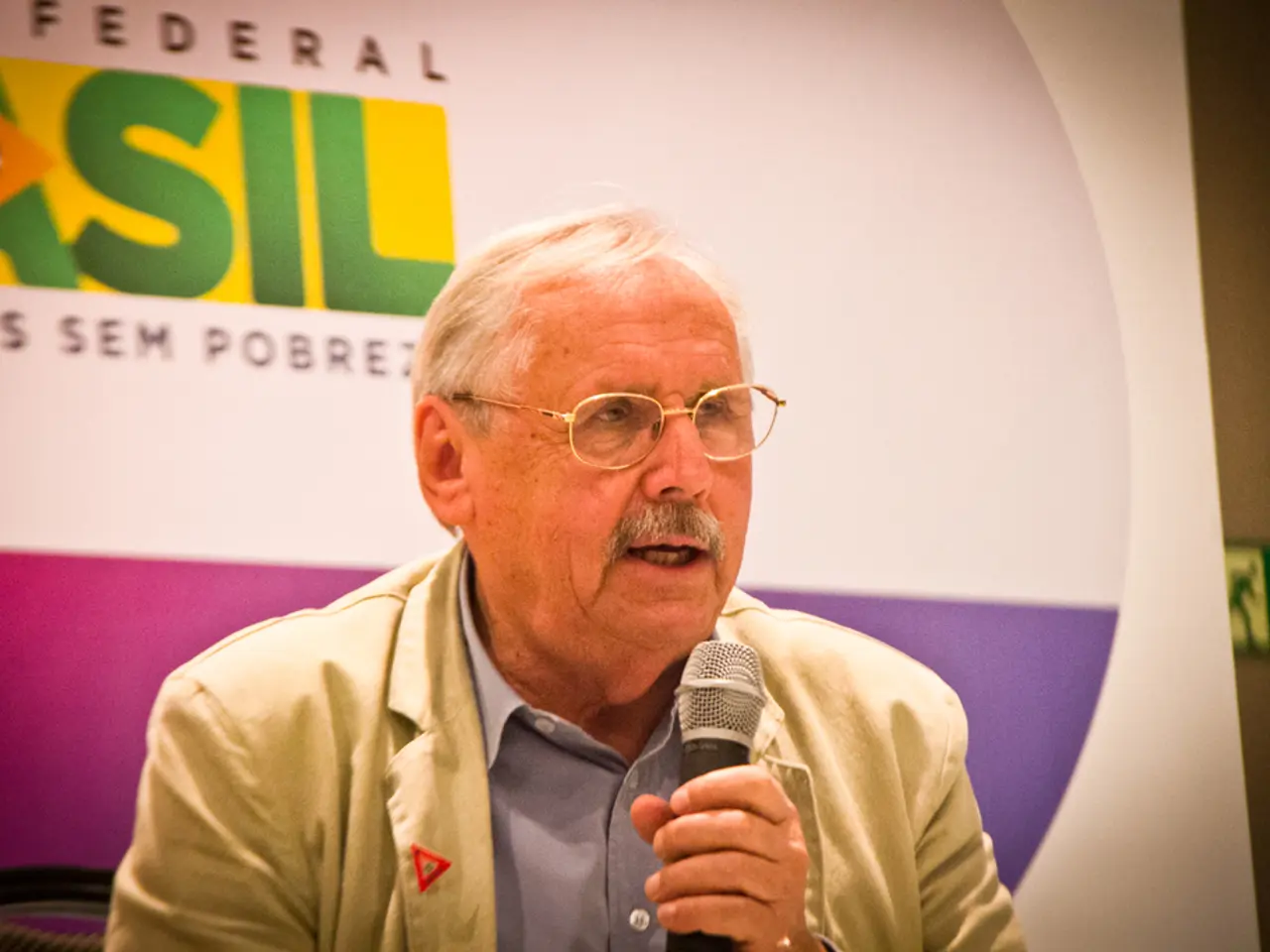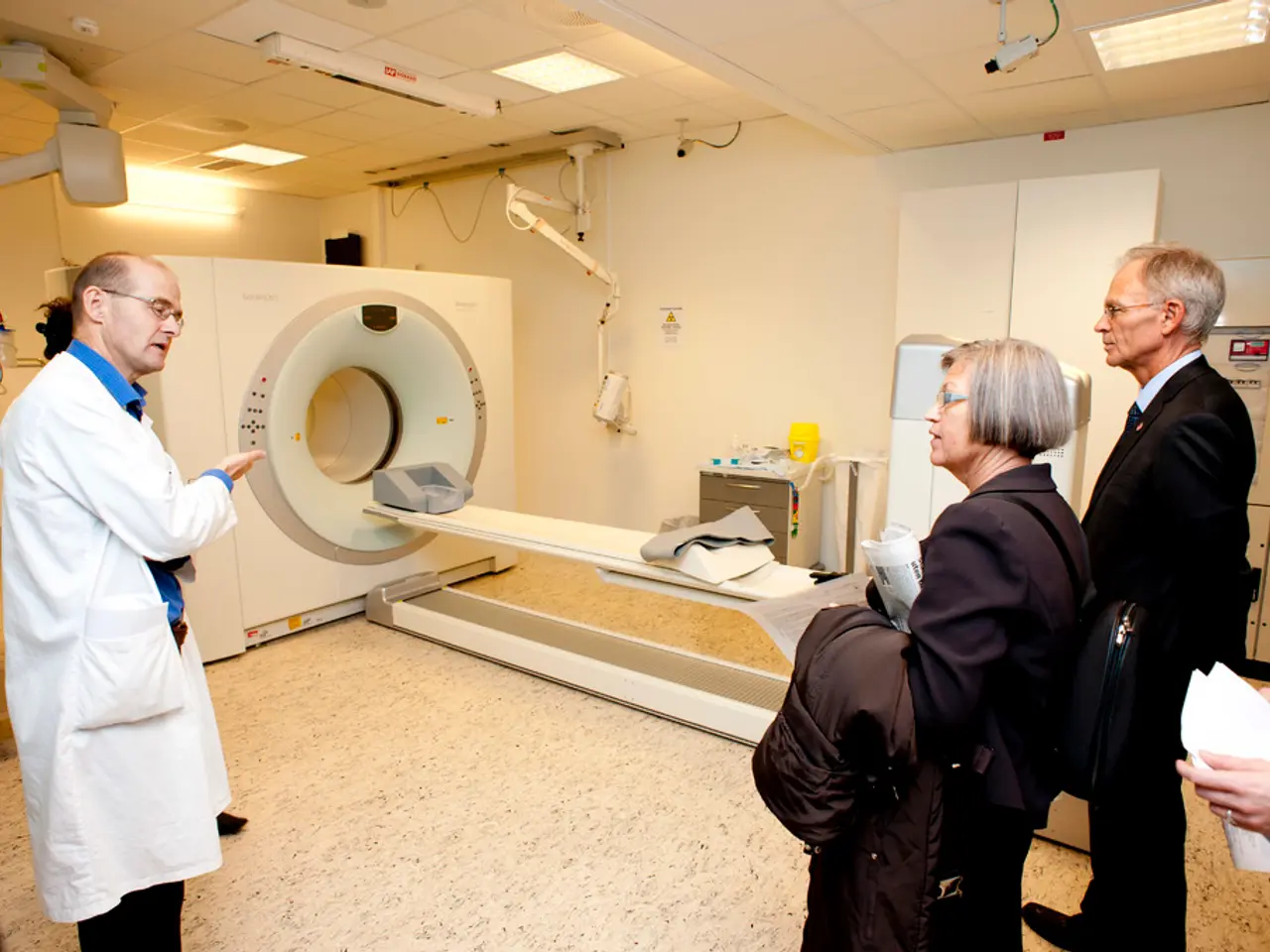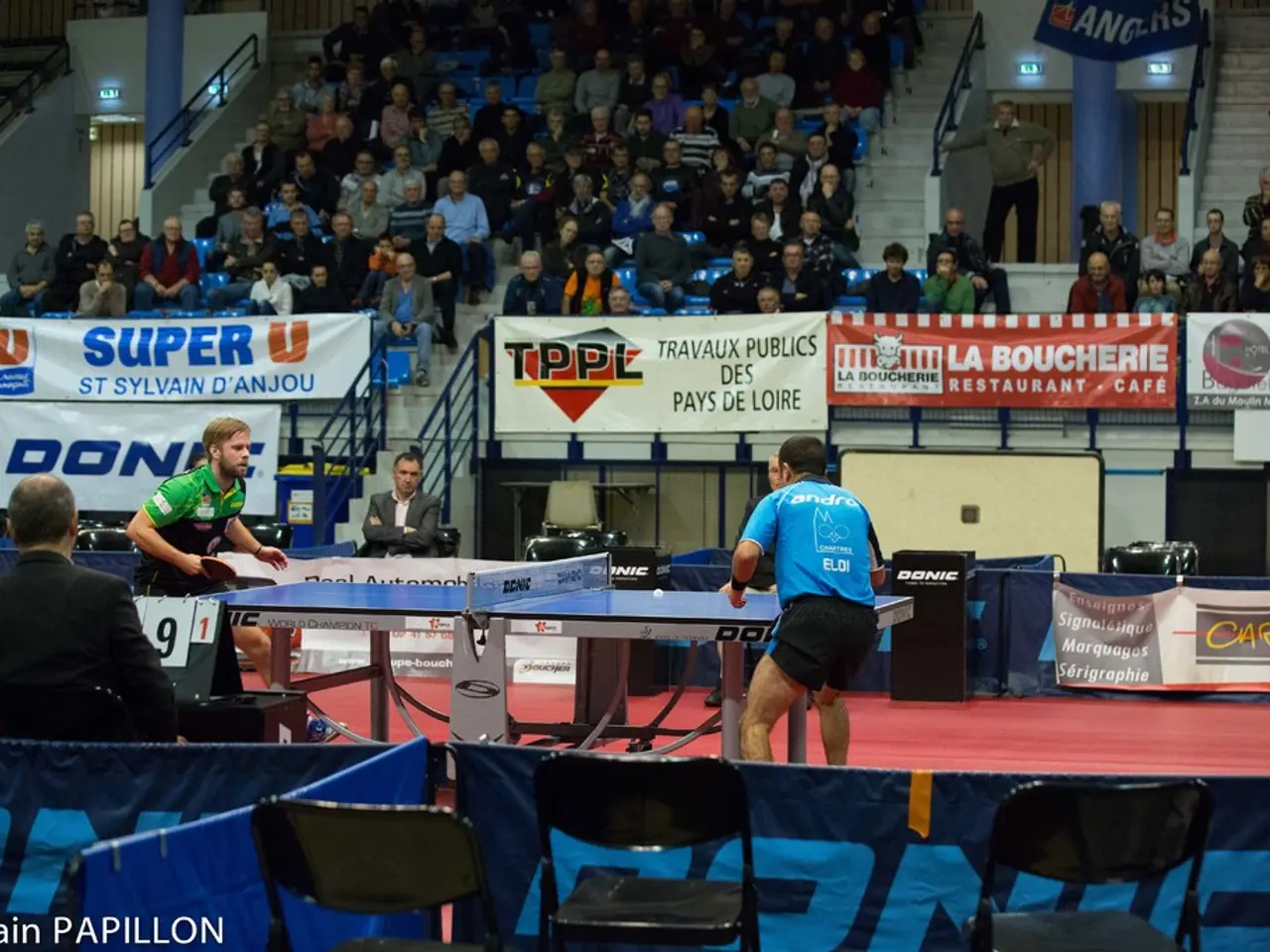Contest over court appointments: Union and SPD opposing a special meeting in the German Parliament (Bundestag)
The Union (CDU/CSU) and SPD factions in Germany have decided to postpone the special session for the election of new constitutional judges, following a series of political disagreements and divisions within the coalition government. The controversy revolves around the proposed candidate, Frauke Brosius-Gersdorf, whose views on abortion have sparked strong opposition, particularly from Catholic groups and conservative factions.
In a letter from the parliamentary business managers of the factions, Steffen Bilger (CDU) and Dirk Wiese (SPD), it was stated that the coalition factions wish to take the necessary time to carefully prepare a new attempt at the elections in the plenary. This decision comes after it became clear that Brosius-Gersdorf would not secure the two-thirds parliamentary majority needed for confirmation, leading to the postponement of the vote initially scheduled for July 11, 2025.
The delay in the election of constitutional judges highlights growing coalition turmoil and reflects deeper fractures within Germany’s political landscape, moving away from its traditionally consensus-driven system towards a more confrontational style influenced by rising political extremes. Moreover, the CDU’s blocking of an SPD candidate contributes to the deadlock, raising concerns about the increasing politicization of Germany's highest court.
Markus Söder, CSU leader, no longer expects the election of Brosius-Gersdorf to the Federal Constitutional Court. Söder believes that the Union and SPD could come together at the end of the summer and make a good decision that also preserves the face of the SPD. On the other hand, the SPD is currently sticking to its candidate for the election of constitutional judges.
The Green faction had demanded another attempt in the Bundestag this week to elect constitutional judges, but this was rejected by the coalition factions. The alleged plagiarism allegations against Brosius-Gersdorf, which initially caused concern, were not found to be substantiated in a preliminary report.
Despite the delay, it is important to note that the Federal Constitutional Court remains fully operational. Bilger and Wiese stated in their letter that they are united in the goal of filling the three judge positions as soon as possible. As the political landscape evolves, the election of these judges will continue to be a topic of interest and debate.
The policy-and-legislation surrounding the election of new constitutional judges is a subject of general news, given the coalition factions' decision to postpone the special session due to political disagreements. The postponement reflects the growing turmoil within Germany's political landscape, moving away from its traditionally consensus-driven system towards a more confrontational style.








